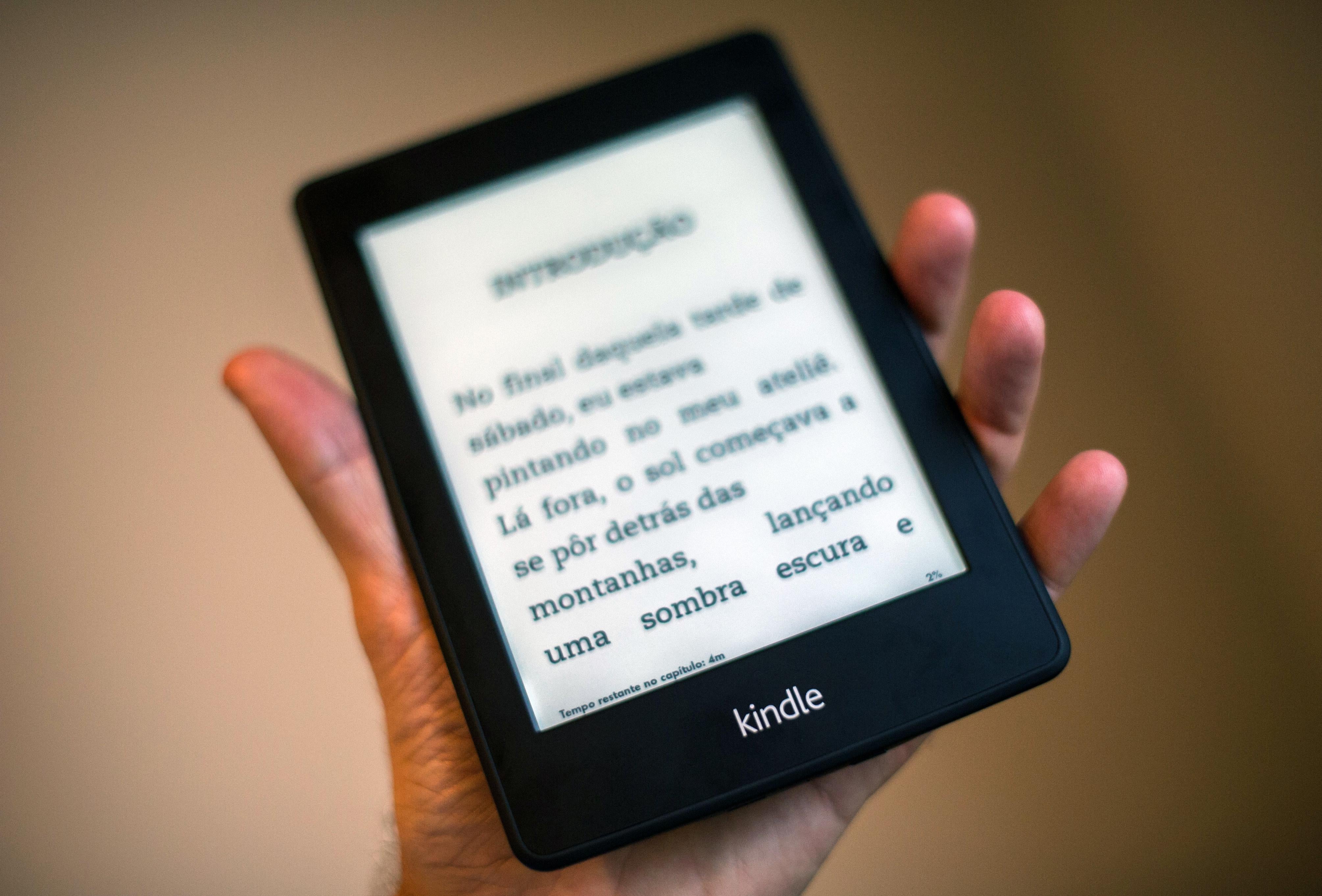Amazon started life as a book retailer, and as a book retailer they made books cheaper. Then they were pioneers in the e-book industry where they made books cheaper. Their recently announced plan to give readers free e-book copies of books they buy in physical form doesn’t make books cheaper per se, but it does give readers greater value for their book-buying dollar. This is all great stuff.
But not everyone agrees. Emily Gould complains that “When ebooks and pbooks are bundled, the ebooks are sold at a loss. That’s authors’, publishers’ and, associatively, non-AMZN retailers’ loss” and “frustrating we have to keep explaining that ebook production is not free. digital objects are not made by elves.”
Since I am a professional writer and I work alongside a lot of professional writers and since all of us here at Slate are producing digital content, a lot of my colleagues are sympathetic to this line of argument. And it’s not an incorrect argument by any means. It’s just a wrongheaded argument. What happens in a dynamic modern economy is that sometimes whole classes of people end up getting screwed by technological or business process trends that they have no control over. A generation ago, a whole swathe of analog page design people were put out of work by desktop publishing software. My neighborhood in New York used to be full of film development and photocopying shops who’ve now gone the way of the dodo. One response to this is to act all Randian and pretend that individuals can or should be held individually culpable for the fact that shifting tides sometimes end up putting you in a bad way. Another response to it is to encourage cartels and anti-competitive practices. Doctors would earn less money if nurse-practitioners were allowed to perform more medical services, so in many states they’ve made that competition illegal.
Writers can only be jealous. Thanks to the darn first amendment, we’re actually unable to do what a lot of other professions have done and erect legal barriers to entry that protect our incomes. It is, in many ways, a sad state of affairs for us.
But that ought to make us leaders in the quest for the sensible alternative strategy—reasonably free markets in which special interests aren’t protected from cost-cutting competition, supplemented by a welfare state committed to providing educational opportunities, health care, and retirement security to everyone. The fact of the matter is that cheap books are a boon to society, and people who think reading is important ought to see it that way. Conversely, expensive health care is a disaster for society and we ought to lament the cartels and protectionism and monopolies who push the prices so far up. Price-reducing changes often look terrifying—and often are terrifying—to individual groups of producers, but that’s how progress is made and living standards rise.
